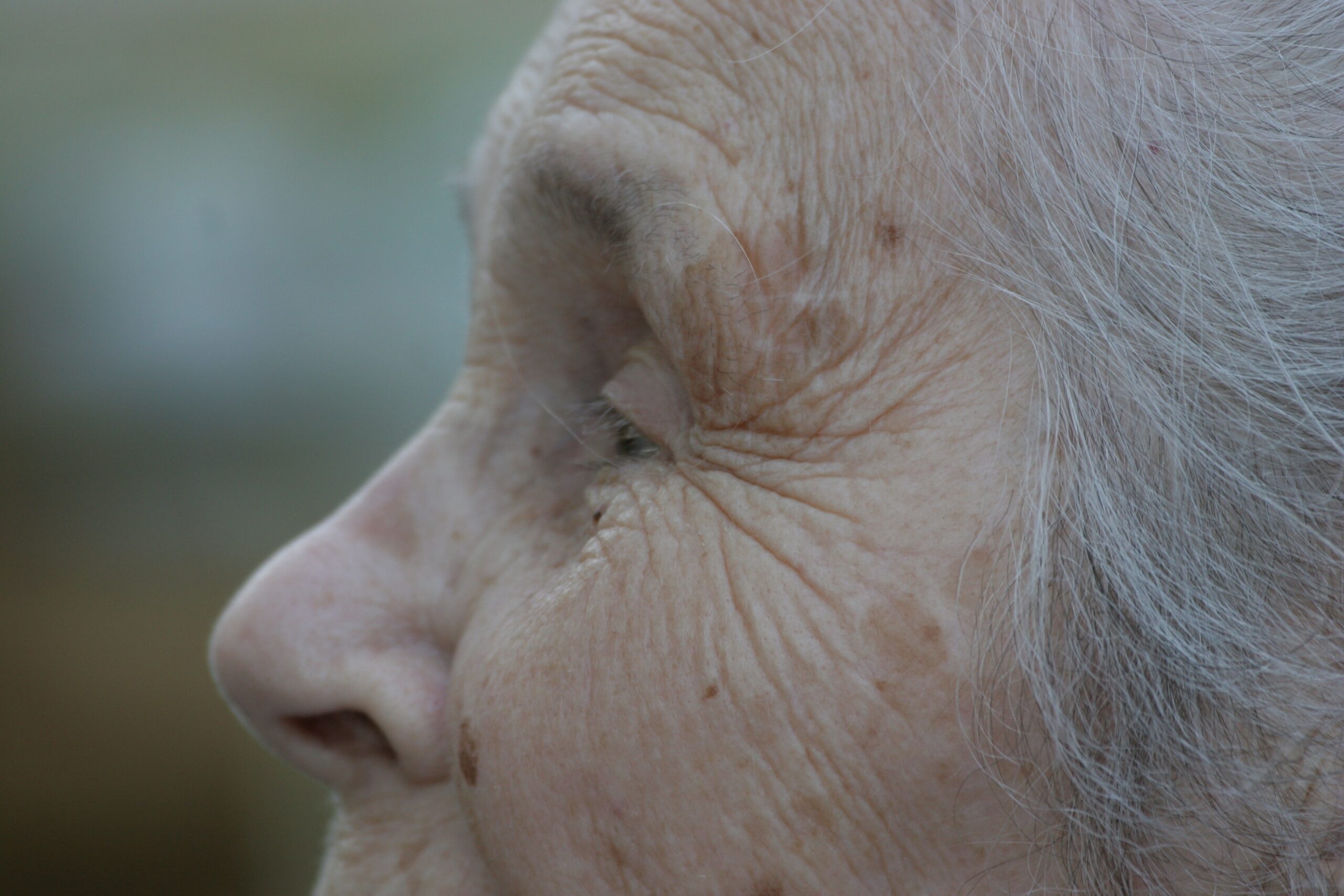As we move out into the world as spiritual beings, to tell our stories, live our values, and cultivate a healing presence, it is good to pay attention to our words. Words carry power. They can bless us or curse us. We can bless or curse others, without even knowing it, unless we are fully present to our audience, the larger context, and the healing path that lies before us in that moment. As the late medicine man Charlie Redhawk Thom put it, there is a reason people come to us instead of someone else. We can ask ourselves, “Why me? Why is this person here with me at this time?” and let that question inform us in the words and actions we choose.
When my father died many years ago, my siblings and I went home to stay with our mom during the funeral time. One of our relatives who lived in the region called to touch base with us and see if there was anything we needed. She was very well-intentioned, but when there was a lag in the conversation she blurted out, “So are you having a good time? I mean…. a good visit… apart from the circumstances… um….” In her discomfort, she had simply lost touch with the context of our current lives and our conversation.
Similarly, I know a healer who recommended an Ayahuasca journey to a raw, recovering drug addict. I witnessed another healer perform a soul retrieval then spend more spiritual power on warning the patient of possible scary after-effects than he had on honoring the gifts that had just returned. A third person came to me concerned about undefined spirits a healer had seen hanging around him, described in a shadowy way with ominous undertones. When I looked, I also saw the attachments with him, but they were ones which were important to him and which he had chosen to have close to him at this time in his life. They were a healing gift and part of his path, but an interpretation had been placed on them which was out of the context of his life and caused him unnecessary anxiety.
So we have to be present in the moment, fully in our power, and open to the wisdom of the spirits without our own fears, assumptions, or ego getting in the way. We have to speak words of healing, not fear. When we share a journey, we are the keeper of an image the spirits have shown to us to give the patient, in turn, the wisdom and healing they need. As a wise friend told me when I was writing my book, “Anyone can write the pain; it is writing the healing that counts.” When someone comes to us, there is a reason, a healing presence we are to bring, and it is up to us, in our words and actions, to sow seeds of hope and not seeds of fear.
There are also times when over-caring can equally get in the way of a person’s healing, and so, again, we have to be in our power and look for the trust and connection the patient has with their healing spirits and the strength of their own soul. Many times during my training, teachers have said, “There is no need to comfort your partner in this practice, even if they are crying. They are crying because of their healing connection with the spirits.” In my personal experience (and interpretation), I have had physical healing set back by a conversation with a doctor, trauma re-introduced through my interactions with a healer, and an initiation weakened by the words of a colleague, all well-intentioned, empathetic, and caring professionals who thought they were helping or protecting me with their words and actions. I don’t see myself as either faultless or as a victim in these interactions; sometimes this is just the way of life, and I have learned from each experience. But as we raise our voices and take our stand in the world, wanting to make a difference, it is good to cultivate our sensitivities to those around us, their circumstances and beliefs, and respect both their challenges and their strengths in the words we choose and the ways we interact with them. The wisest words I have heard in avoiding over-care were spoken by someone recovering from a lifetime of abuse and shame. His counselor, he said, saw the child in him and spoke to the adult. To me, this is the essence of healing conversation.
How do we know, when we speak truth as we understand it, that our words are not harmful? How do we know our words, or actions, are not over-caring, when we simply mean to help? Here is a short-list we can rely on for starters:
- Look at the world through our compassionate spirit’s eyes and not our own anxiety or ego.
- Sow seeds of hope, not fear.
- Cultivate a healing presence for those who cross our paths.
- Check and double check our own ego, motives, and expectations in what we are expressing.
- Develop and stand by our own core values, and respect the ability of others to do the same.
- Accept diversity of life choices and beliefs.
- Do the best we can. Stay in a place of not knowing. Listen. Be kind.
Now go and help the spirits dream for us a better world.

